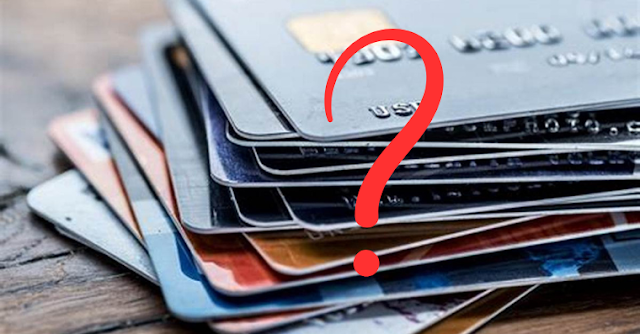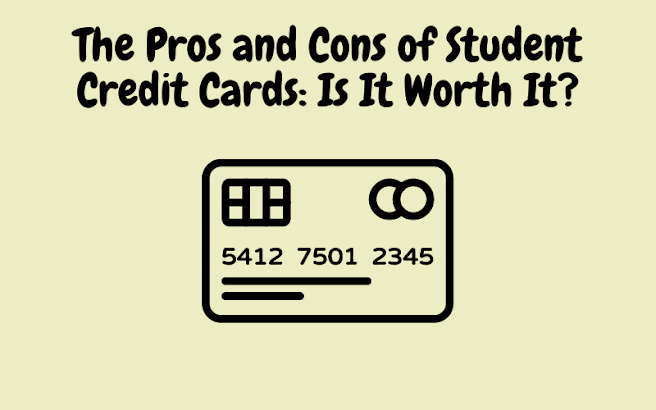Most Common Myths About Credit Cards
Credit cards have become a universal financial tool that many people rely on for everyday purchases, from travel bookings to groceries. However, despite their popularity, there are still many misconceptions and myths about credit cards that persist. In this article, we’ll explore some of the most common myths about credit cards and debunk them, providing you with accurate information so you can make informed decisions about your finances.
Common credit card myths:
Myth 1: Applying for a credit card will hurt your credit score
One of the most persistent myths about credit cards is that applying for a new one will damage your credit score. This isn’t entirely true. While it’s true that every credit card application will generate a hard inquiry on your credit report, which can temporarily lower your score by a few points, the effect is typically minor and temporary. Moreover, the long-term impact on your credit score is more significant and can be positive if you make your payments on time and keep your credit utilization ratio low.
Myth 2: Closing a credit card will improve your credit score
Another common myth is that closing a credit card will improve your credit score. In reality, it’s often the opposite. When you close a credit card, you reduce your overall available credit, which can increase your credit utilization ratio, potentially causing a drop in your score. Moreover, closing a credit card can also shorten your credit history, which is another factor that impacts your score.
Myth 3: Closing a Credit Card Will Erase the Debt
Another common myth is that closing a credit card will erase the debt. This is not true. Even if you close a credit card, you're still responsible for paying off the balance. Closing a credit card simply means that you can no longer use the card to make new purchases, but you still owe the balance and interest charges.
Myth 4: Credit Cards are Only for People with Good Credit
Many people believe that credit cards are only available to those with good credit. While it's true that people with better credit scores are more likely to be approved for credit cards with favorable terms, there are credit cards available to people with poor or limited credit. These cards may have higher interest rates or lower credit limits, but they can still help people establish or rebuild their credit.
Myth 5: You Can Only Have One Credit Card
Many people believe that they can only have one credit card, but this is not true. Having multiple credit cards can be beneficial for your credit score, as long as you use them responsibly. More credit cards mean more available credit, which can help keep your credit utilization ratio low. Additionally, having multiple credit cards can diversify your credit profile, which can help your score in the long run.
Myth 6: Paying the Minimum Balance is Enough
Finally, many people believe that paying the minimum balance on their credit card is enough to maintain a good credit score. However, this is not true. Paying only the minimum balance each month means that you'll accrue interest charges on the remaining balance, potentially leading to long-term debt.
Bottom Line:
Credit cards can be a valuable financial tool when used responsibly, but it’s important to separate facts from fiction when it comes to common myths about them. Understanding the true impact of credit card applications, closures, balances, and payments can help you make informed decisions about your finances and avoid potential pitfalls. By using credit cards wisely, you can build a good credit score and enjoy the benefits of credit card rewards programs without falling prey to the many myths that surround them.




Comments
Post a Comment